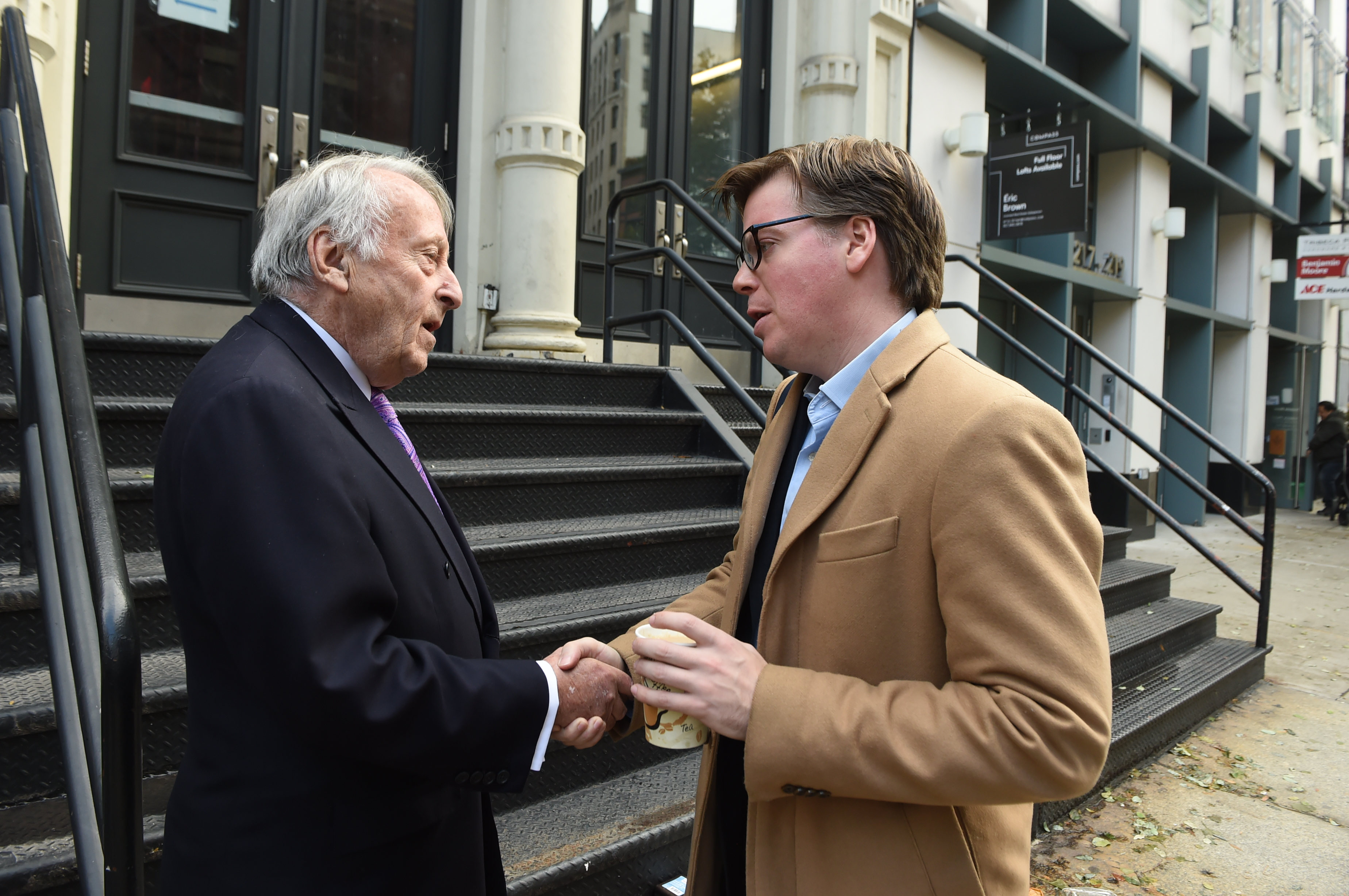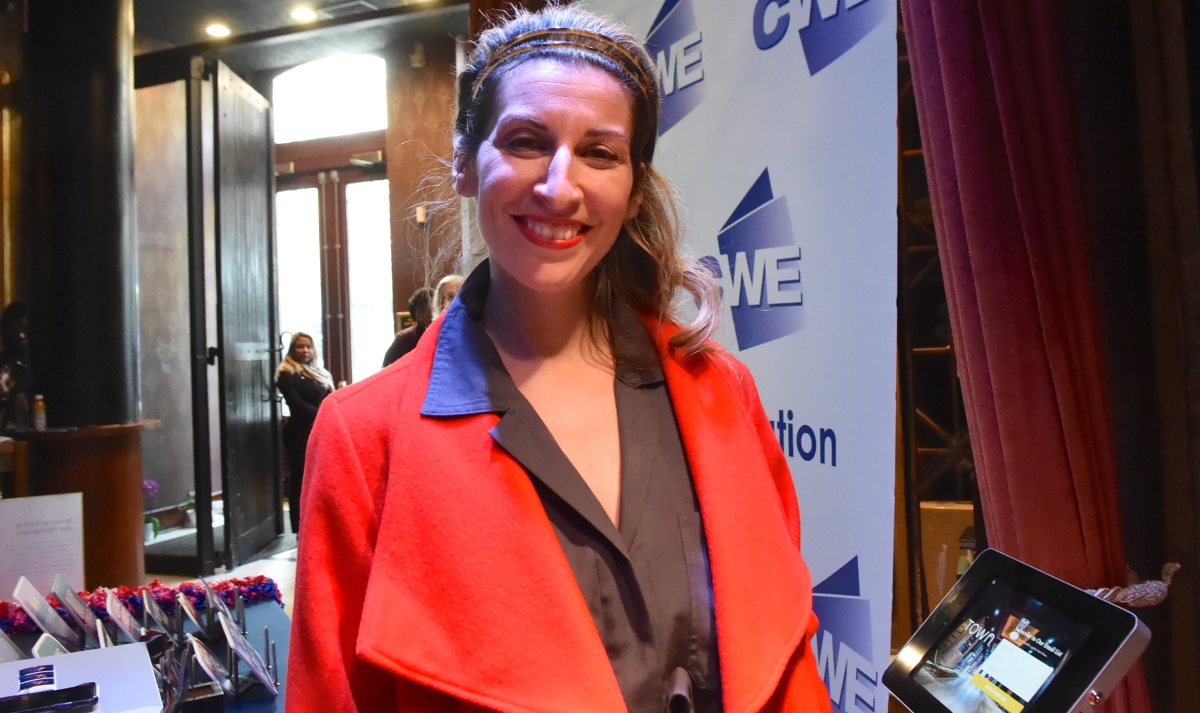Representatives, participants, teachers and graduates from the nearly 60 Consortium for Worker Education partners gathered at Town Stages in Manhattan to celebrate and share their stories.
The Consortium for Worker Education is a network of 35 unions and 45 community based organizations that foster worker protection, education and advancement. The Consortium offers job training and skills to become a carpenter or any number of skilled tradesmen. They also provide support services to prepare individuals with special trade education.
Few had a better story to tell than Town Stages owner Robin Sokoloff, herself a graduate of CWE’s partner programs Nontraditional Employment for Women (NEW). With a degree in sociology and passion for the arts, Sokoloff found herself learning carpentry.
And now a member of Carpenters Local 157.
Armed with her love of performing arts and her new skills, she built out and opened Town Stages.
“You can’t put on a performance without a performance space,. That space has to be up to code,” said Sokoloff. Now she is overseeing a business, hiring workers, paying wages and looking to replicate her successful model.
“It started in a class with some 30 women, some with skills and some unskilled. All that was needed was a GED and willingness to learn.”
All now had skills, and good jobs.
NEW is only one of the nearly 60 programs and agencies which provide the educational and support services for workers, immigrants and the unemployed and the underemployed. CWE partners include Catholic Charities of the Archdiocese of New York, the Harlem Empowerment Project, Make Road New York, the Yemen American Merchants Association, Coalition for the Homeless, Edward J. Malloy Construct ion Skills, Inc., and the Actors Fund.
Supporting those efforts are the more than dozen unions including Plumbers, Carpenters, Painters, Operating Engineers and Teamsters. The unions provide training and apprenticeships leading to careers paying union wages and providing advancement.
“I remember when we started 35 years ago and Anthony Alvarado was our first director, and he said if we do this right we can help 3,000 workers,” recalled CWE Executive Director Joseph McDermott. “Today we have 30 union and 30 Community partners and all in the same room.”
According to McDermott this was the first time everyone joined together as one. “It was great to have all the providers together under one roof to talk about the challenges we face today with new technologies as we move into the future.”
The Consortium also provides legal services and directions for health to immigrants and others require it.


































